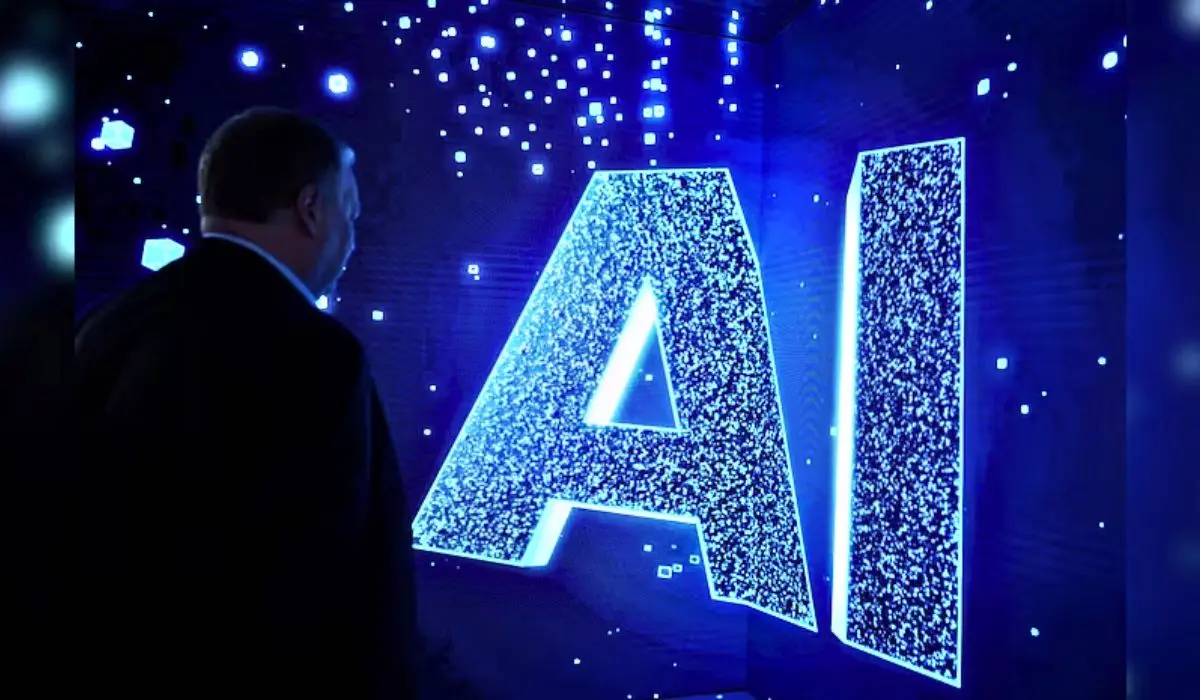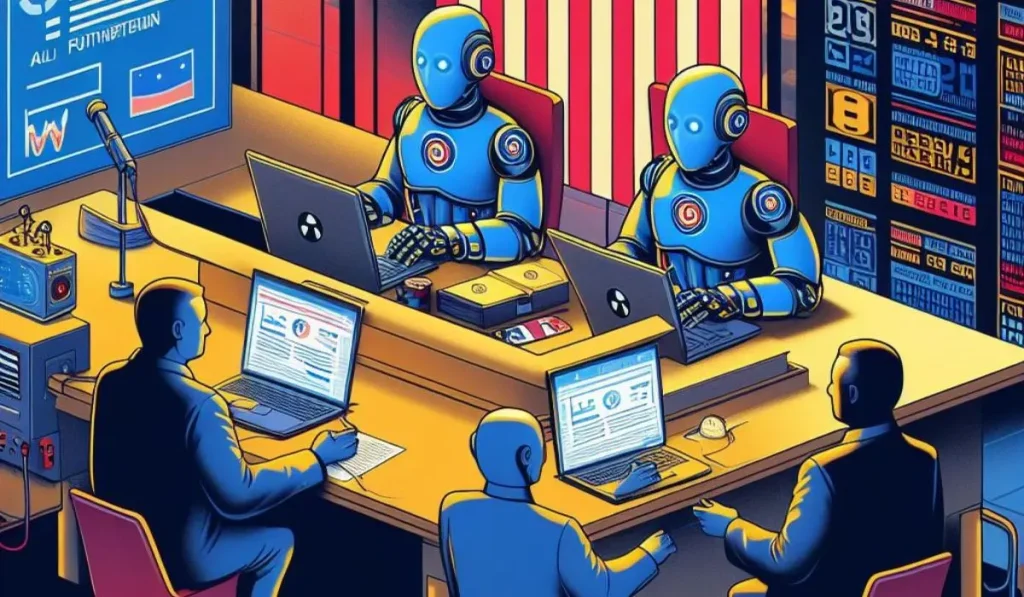Almost all the major leading technological companies in the world came together voluntarily to sign a pact considering taking ‘reasonable precautions’ to stop artificial intelligence from being used to disrupt democratic elections around the world.
Executive representatives from different companies like Google, Amazon, Meta, Microsoft, Adobe, OpenAI, and TikTok came together at the Munich Security Conference and discussed openly a new framework on how to react or respond to AI-generated content and deep fakes which have the power to trick or misguide voters. Along with the mentioned big names, 12 other firms, including Elon Musk’s X are also reported to be signing the official agreement.
Understanding the Accord: Joint Efforts Against AI Election Trickery

Along with the executives and representatives of these companies, many different political leaders from Europe and also the United States were present at the conference on Friday. One of the notable personalities at the conference, the European Commission Vice President Vera Jourova stated that even though such an agreement cannot be comprehensive, it has impactful and positive elements too. Along with her statement, she also urged her fellow politicians to be responsible for not deceptively using useful AI tools and she also put forward a warning that such use of this highly advanced technology could mean the end of democracy, not only in the EU member states.
The conference held in German city has quite a relevance as around 50 countries in the world are due to hold elections in 2024 and recently, elections were held in different countries like Bangladesh, Pakistan, Taiwan, and Indonesia. Even though the elections are yet to come, there have been different reports of people using AI technology to influence its results, with the recent case of using the American President Joe Biden’s voice to discourage people from voting for the primary elections in New Hampshire which took place last month.
The accords are said to increase the transparency that the company has with their users in terms of their policies and also provide the users with different details and ways through which they can identify AI-generated content without mistaking it for a real one and fling for the message shared through such content. The majority of the companies that were present at the conference stated earlier that they would be implementing different safeguards on their own generative AI tools and also label content generated using AI so that people know if it is real or not. Unfortunately, those proposed solutions are yet to be implemented, increasing the risk of having such content on public platforms.
Along with the major tech companies that were present at the conference, a few other notable signatories were also present. Major names among these additional signatories include the chatbot developers Anthropic and Inflection, the cyber security company McAfee and TrendMicro, voice-clone startup Eleven Labs, and a few more. Even though such a huge array of different companies was present, a few of the portable names were absent too.
Also Read: Google Announces Gemini For Bard. Here’s How To Use The AI Chatbot
Among the names that did not make it to the conference, the popular AI-image generator MidJourney stands popular. The startup which is based in San Francisco, USA did not make it to the conference while in Germany and also did not respond or leave a comment on the development and decisions taken at the conference.
The inclusion of the popular social media platform X was one of the biggest surprises of the day and in a statement that was shared on Friday, the CEO of X, Linda Yaccarino said that it is the responsibility of every citizen and every company to safeguard free and fair elections. She also added that X is committed to paying its part in collaborating with other companies to avoid AI threats, all the while safeguarding free speech and maintaining transparency.
With elections to be held in more than 50 countries in the world, the pact created by these companies is expected to target realistic images, audio, or videos that are deceptive or fake or alter the appearance or voice of any prominent political candidate, official or stakeholders of democratic elections and also the content that proves false information to voters regarding details like when, or where or how they can lawfully vote, thereby ensure fairness in all elections as far as possible.
